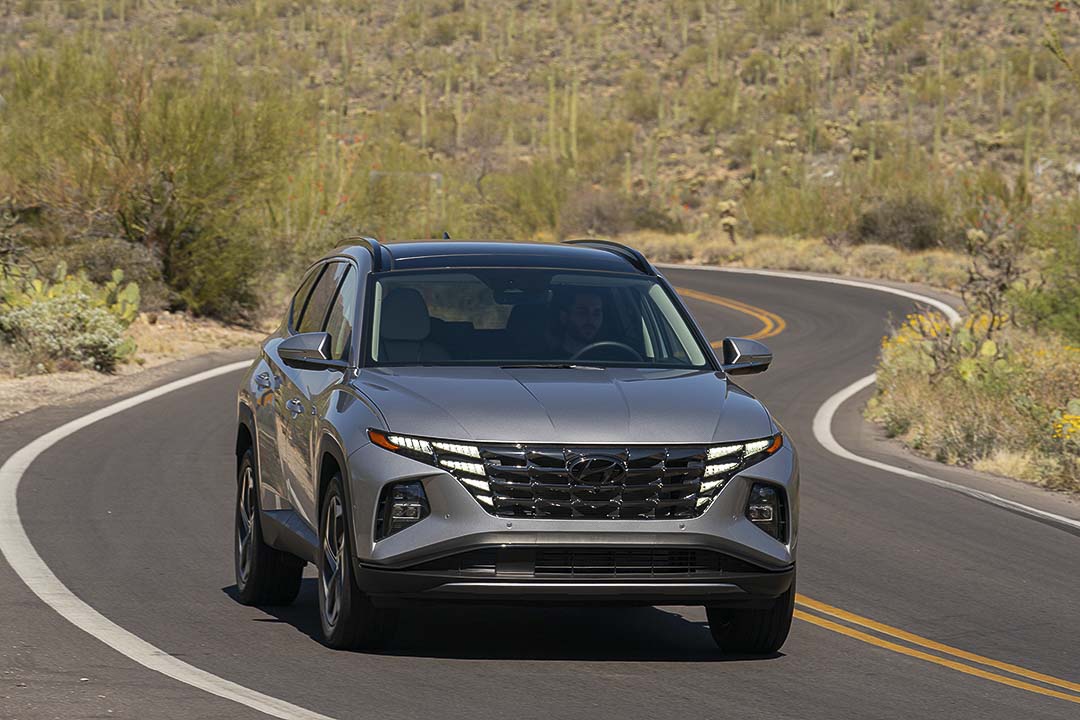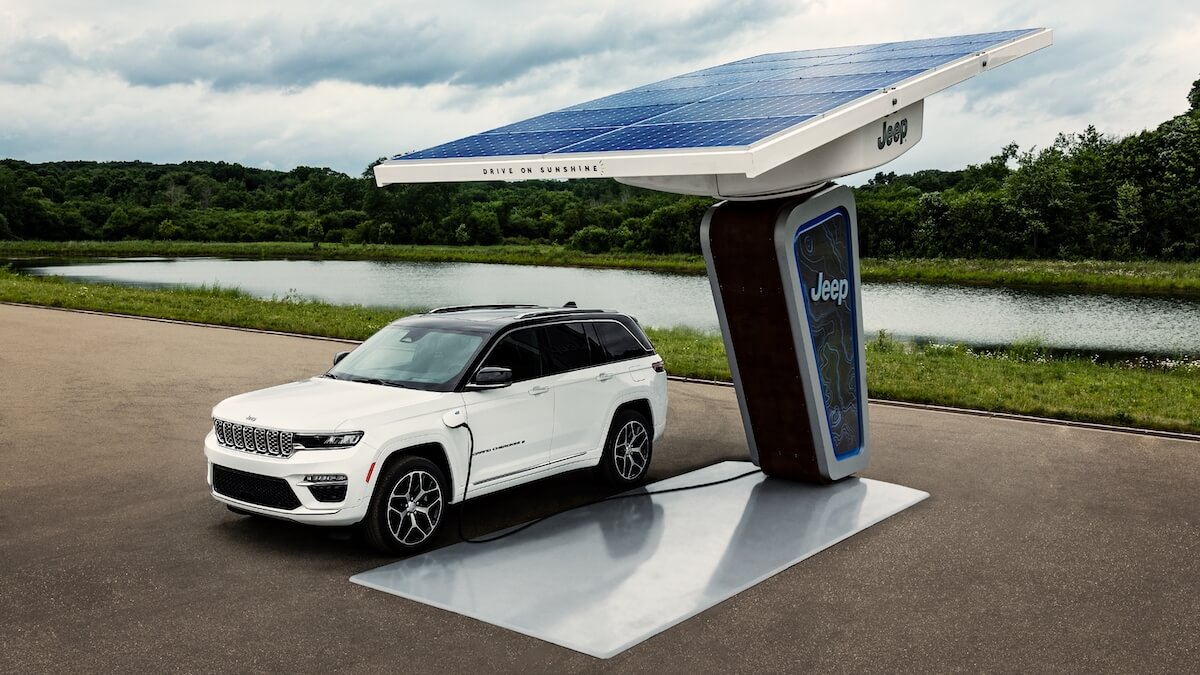Comparison between hybrid and electric vehicles
Comparison between hybrid and electric vehicles
Posted on July 22, 2022

You wish to reduce your carbon footprint by opting for a vehicle that is more fuel efficient? A vast array of models is now available to you, including hybrid, plug-in hybrid and electric vehicles.
What are the advantages for each? Which one corresponds best to your needs and budget? We tell you all you need to know.
Hybrid vehicles
With a heat engine as well as one or several electric motors, hybrid vehicles do not require charging stations since their battery is charged thanks to regenerative braking and deceleration power.
More affordable than strictly electric models, hybrids do not offer the possibility of driving in full electric mode and are not eligible to government incentives.
However, they are more fuel efficient than regular fuel vehicles. A hybrid vehicle is the perfect option for a buyer who wishes to reduce fuel consumption, without wanting the hassle of having to recharge the battery.

Plug-in hybrid vehicles
The perfect middle ground between hybrid and electric models, plug-in hybrid vehicles (or PHEV) have a larger battery than those found on strictly hybrid models.
Moreover, depending on make and model, they will offer an electric autonomy (two digit numbers) and can be charged on a domestic 120V plug, or on a 240V charging station (level 2).
With an energy efficiency that is close to that of a hybrid model (when taking into account the fuel consumptions offered by the heat engine only), this same energy efficiency can plummet to numbers as low as 2.0 Le/100 km when in combined mode (fuel/electricity).
Moreover, since their powertrain combines both a heat engine and one or several electric motors, PHEV models protect you from any car troubles related to an empty battery, since the fuel engine automatically takes over when the battery’s charge is too low.
Finally, these vehicles give you access to government incentives for several thousands of dollars, which are set according to battery size.

Electric vehicles
Electric vehicles only have an electric powertrain and a battery. They do not require a single drop of fuel, since they run strictly on electricity.
They are more expensive upon purchase than a hybrid or plug-in hybrid model. However, you might stand to save a lot of money given that: 1. You will no longer have to pay for fuel and 2. Maintenance fees are greatly reduced since these models do not have a heat engine, a transmission, nor an exhaust system.
They were long ignored because the autonomy they offered was deemed to be too low by many consumers, yet the newest generations of electric vehicles can often run for 300 to 400 kilometers –sometimes more- on one single charge.
Moreover, charging can often be done in just a few hours on a 240V charging station, on the road or at home, or you can used a quick charging station, where you might need as little as 20 minutes to reach 80% charge.
Finally, federal and provincial government incentives may apply, depending on the vehicle’s price and the province you live in.

Which vehicle is best for me?
If you do not want to have to charge your vehicle, but you are still looking to purchase a model that will lower your fuel consumption, a hybrid model is what you need.
If you are not quite ready to take the leap and purchase a fully electric model, but you would like to take advantage of what these vehicles can offer without any of the disadvantages, then a plug-in hybrid will allow you to drive in 100 % electric mode for a large part of your daily commute, while allowing you to drive over long distances without having to fear running out of battery power.
Finally, if you wish to be completely free from fuel, a 100 % electric model is the best option for you, without forgetting all of the advantages that come with: access to reserved lanes, free access to tolls and ferries, and many more.
No matter your needs or your budget, there is certainly an electric vehicle for you!
